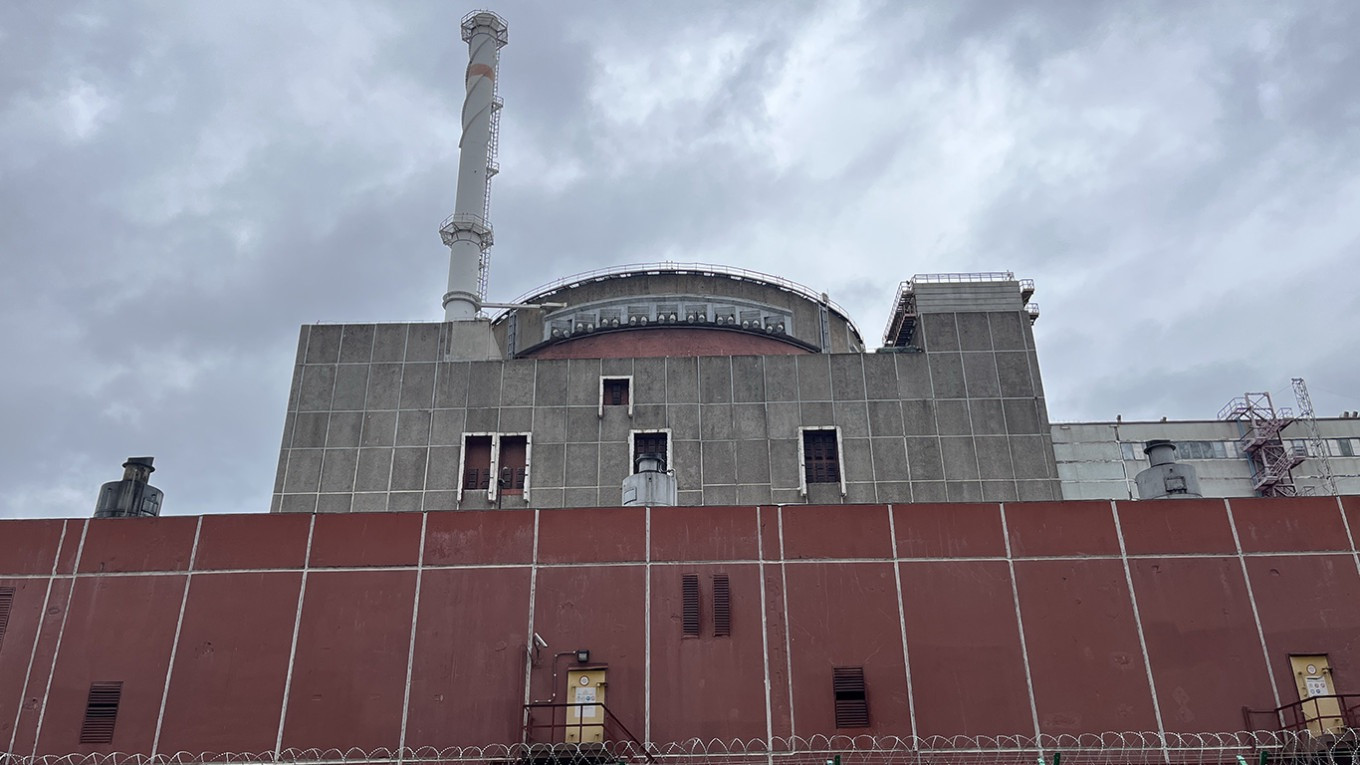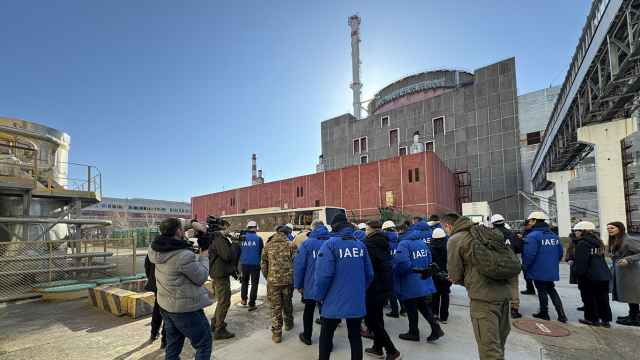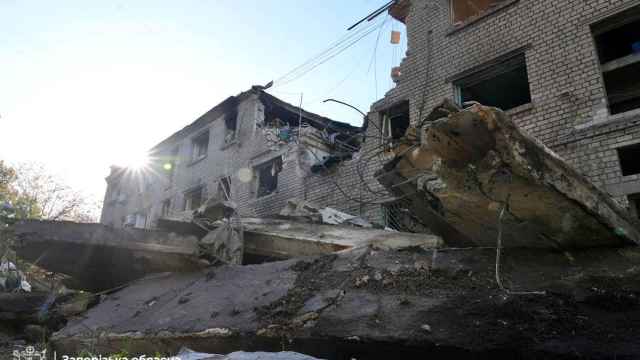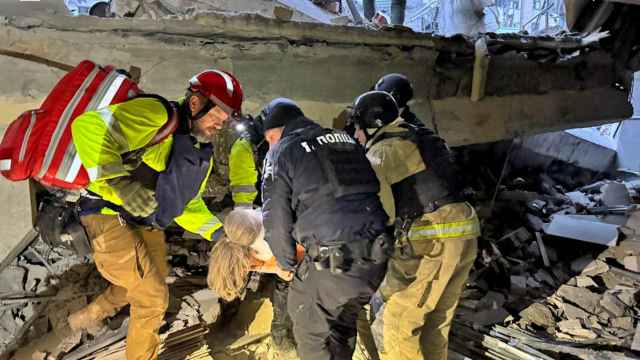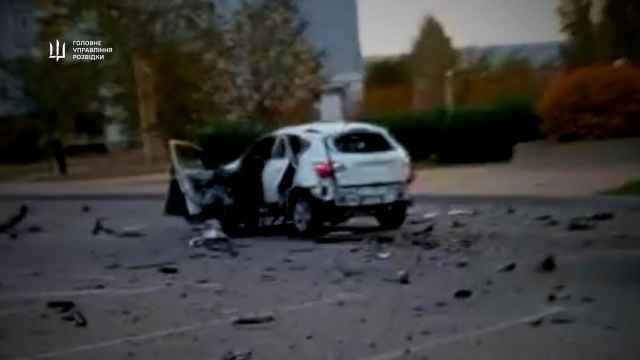The Russian-occupied Zaporizhzhia nuclear power plant has been off the grid for four days, with both Ukraine and Russia accusing each other of attacking supply lines.
Though blackouts at Europe’s largest nuclear facility are common due to its proximity to the front line, this is the longest outage so far. Experts warn it increases the risk of an accident.
“As a result of Russian actions, the Zaporizhzhia NPP has been without power for the fourth day,” Ukrainian Foreign Minister Andriy Sybiga said on X.
Russia said the facility has been running on backup power since Tuesday, when it claimed Ukraine struck the grid.
“Since Sept. 23, 2025, the power supply for the Zaporizhzhia nuclear power plant has been provided by backup diesel generators,” the Moscow-installed operator said on Telegram.
It added that there were “sufficient” reserves of diesel to operate “for an extended period,” without specifying how long.
“Emergency diesel generators are considered a last line of defense to be used only in extreme circumstances,” Greenpeace Ukraine said in a statement.
The NGO warned Moscow could use the crisis “to try and reconnect [the plant] to the temporary Russian-occupied grid of Ukraine” to restart one of the reactors.
International Atomic Energy Agency (IAEA) Director General Rafael Grossi visited Moscow this week for talks with President Vladimir Putin and Rosatom, Russia’s state nuclear corporation, about safety at Zaporizhzhia.
The plant’s six reactors, which before the war supplied about one-fifth of Ukraine’s electricity, have been shut down since Russian forces seized the site in the first weeks of the invasion in 2022.
But the facility still needs power to keep its cooling and safety systems running to prevent a reactor meltdown — a process that could trigger a nuclear disaster.
Since the start of the war, Zaporizhzhia has faced repeated threats to its safety, including nearby shelling, multiple power cuts, and staff shortages.
Located near the city of Enerhodar along the Dnieper River, the plant remains close to the front line. Moscow and Kyiv continue to accuse each other of risking catastrophe by attacking the site.
A Message from The Moscow Times:
Dear readers,
We are facing unprecedented challenges. Russia's Prosecutor General's Office has designated The Moscow Times as an "undesirable" organization, criminalizing our work and putting our staff at risk of prosecution. This follows our earlier unjust labeling as a "foreign agent."
These actions are direct attempts to silence independent journalism in Russia. The authorities claim our work "discredits the decisions of the Russian leadership." We see things differently: we strive to provide accurate, unbiased reporting on Russia.
We, the journalists of The Moscow Times, refuse to be silenced. But to continue our work, we need your help.
Your support, no matter how small, makes a world of difference. If you can, please support us monthly starting from just $2. It's quick to set up, and every contribution makes a significant impact.
By supporting The Moscow Times, you're defending open, independent journalism in the face of repression. Thank you for standing with us.
Remind me later.


